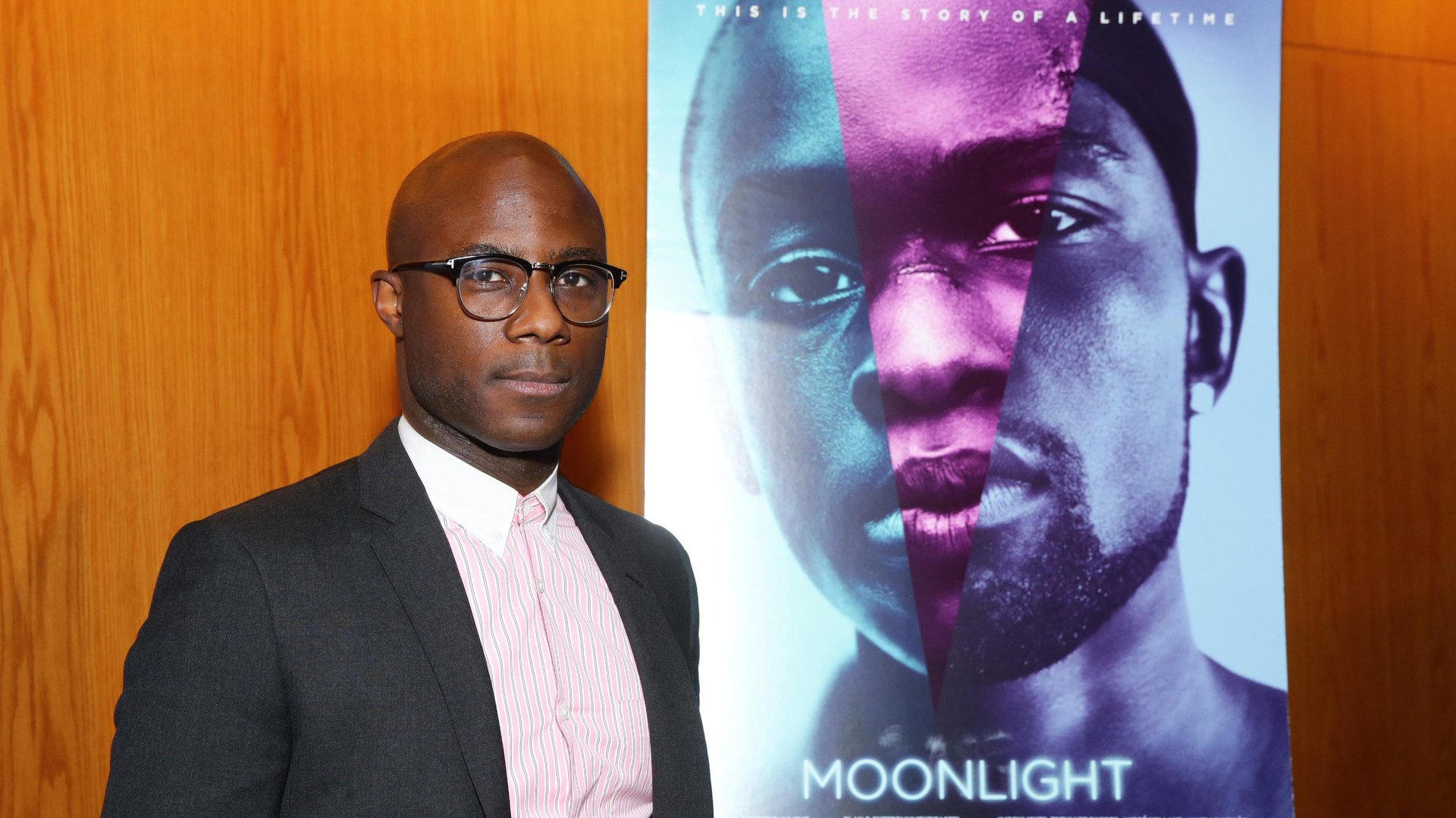Small, Oscar-worthy films for grown-ups just aren’t doing it at the box office anymore
Kathryn Bigelow’s potent new drama about the 1967 Detroit riots has many of the makings of an Oscar contender: solid reviews, timely and controversial subject matter, and a hard-hitting story. Hardly anyone watched it.


Kathryn Bigelow’s potent new drama about the 1967 Detroit riots has many of the makings of an Oscar contender: solid reviews, timely and controversial subject matter, and a hard-hitting story. Hardly anyone watched it.
The R-rated film from The Hurt Locker director brought in $7.7 million at the domestic box office through its nationwide debut on the weekend of Aug. 4. If it follows the trajectory of other adult dramas with similarly disappointing debuts, it may not even recoup its $34 million budget during its domestic run.
Dramas geared toward adults just aren’t big box-office draws anymore.
Even the 2017 Best Picture winner, Moonlight, failed to impress in cinemas, despite the awards and hype around the #OscarsSoWhite controversy. It made $65 million at the box office, less than other contenders like La La Land and Hidden Figures. In years past, adult dramas from the festival circuit that found success, like Pulp Fiction, grossed upwards of $100 million, as did smaller studio fare like The King’s Speech, Slumdog Millionaire, and Million Dollar Baby after good showings during awards season.
Detroit’s flop comes amid a series of disappointing film releases. The Beguiled, which won Sofia Coppola best director at the Cannes Film Festival, took in $15 million against an estimated $10 million budget. The Matthew McConaughey-starring Free State of Jones ended in a $25 million loss last year. And Nate Parker’s The Birth of a Nation, which distributor Fox Searchlight paid $17.5 million for at Sundance, grossed just $15.9 million at the box office.
Martin Scorsese’s religious epic Silence, which took 30 years to come to fruition, at one point had a budget of nearly $100 million. But after script issues, financing troubles, and legal disputes delayed the project, it was made for less than half that. And it lost nearly $40 million when it flopped at the box office. (It was still pretty well received by critics this year.) Scorsese is taking his next project, the mobster drama The Irishman, to Netflix, where he has at least $120 million to work with.
The streaming-video giant is poaching other filmmakers like him, who are boxed in by the choices in cinema. “I didn’t want to make superhero movies, but I also didn’t want to spend my whole life working with a couple of million bucks and some gaffer tape,” David Michôd, director of Netflix’s War Machine, told the Financial Times (paywall). “And those were the choices.”
The satirical war movie, starring Brad Pitt, almost didn’t happen. Budget talks with its initial studio fell through. But Netflix jumped in to shore up the $60 million needed for production. Being on Netflix also meant the film wouldn’t be defined by its box-office returns.
Part of the reason dramatic films aimed at mature viewers may not be hot commodities anymore is there are so many brilliant dramas on TV and streaming today. Movies need mass audiences to compete in theaters now. On TV or streaming, a series can survive off a modest, but dedicated fanbase. David Lynch’s Twin Peaks revival doesn’t have a huge TV audience, but it’s paying off for Showtime based on its streaming viewership alone. Online, it has a loyal, cult following that takes to Reddit, Twitter, and other forums to dissect each episode, drawing parallels back to not just the original series, but deleted scenes from the original’s follow-up prequel film Fire Walk With Me.
From 2000-era TV like The Sopranos and Breaking Bad, to current shows like The Americans, Fargo, and The Handmaid’s Tale, and mini-series like Big Little Lies and The Night Of, there are no shortage of smart stories for grown-ups to choose from—outside of cinemas that is.